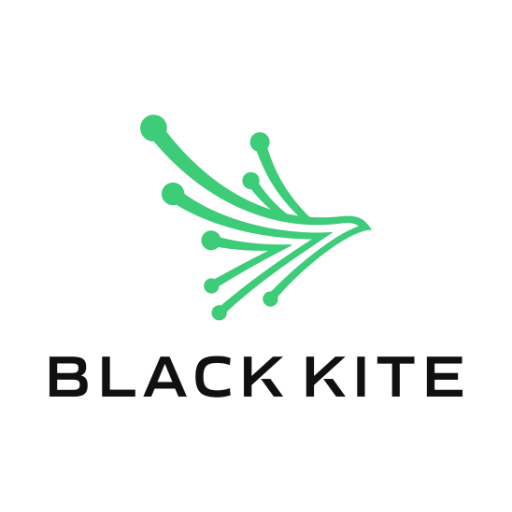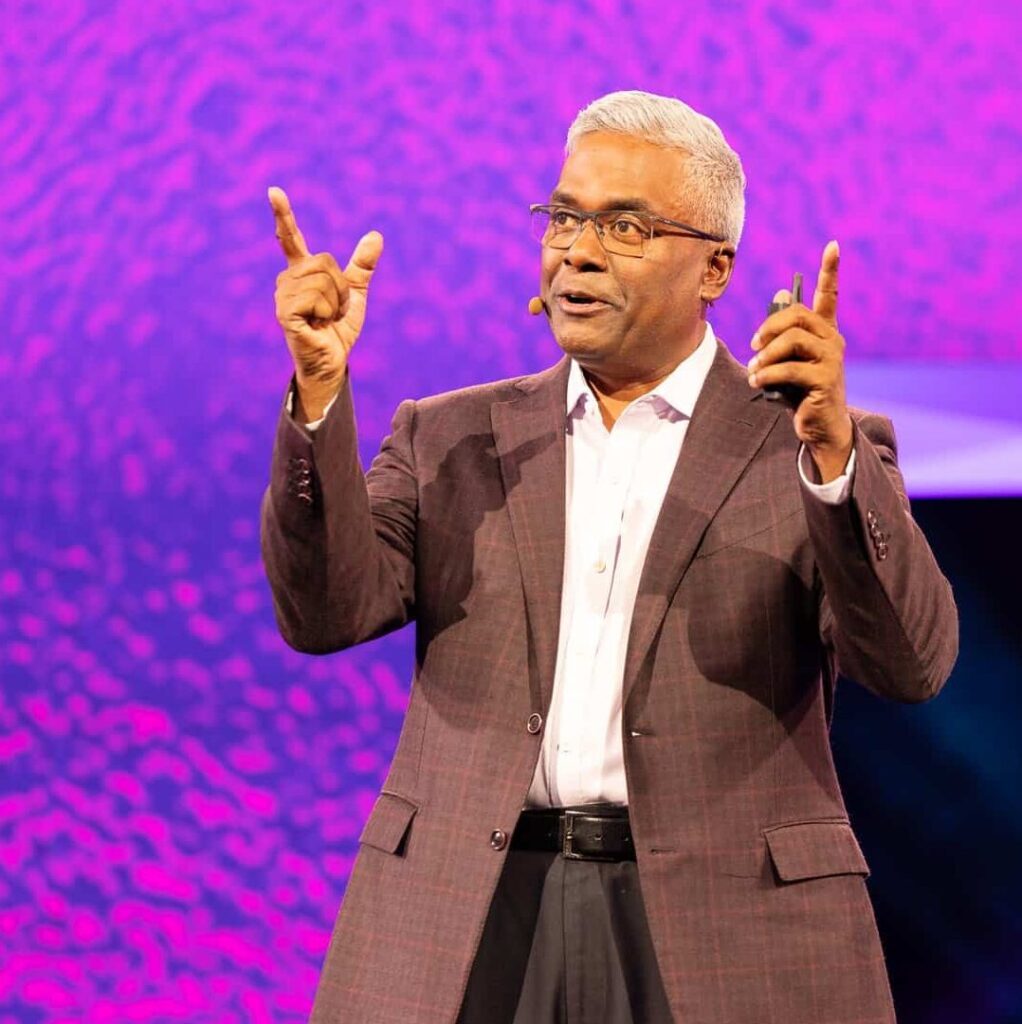AIIA Supports Government’s Risk Based Framework To AI Regulation: Regulation Needs To Safeguard Australians While Supporting AI Growth And Adoption.
The AIIA welcomes the Albanese Government’s release of its response to the AI discussion paper and consultations that outlines its approach to developing a regulatory framework for the use of Artificial Intelligence (AI) in high-risk settings that meets the dual goals of protecting the community from harm and critically drives national productivity for sustained economic growth.
The economic benefits of AI adoption across the economy and fostering Australia’s own AI capabilities, will unlock billions in economic activity so a balanced and well considered approach to AI regulation is vital and we look forward to working with the Government as it considers its options and defines the high risk use cases and guardrails. The AIIA has been advocating for strong government-led AI principles, a national AI strategy and industry funding since 2017.
The recent AIIA and KPMG report, Navigating AI, found that only 34% Australians are willing to trust AI technologies and 71% believed that the government should create guardrails.
The AIIA, therefore, welcomes the Government ensuring that the design of the AI framework aligns with international frameworks wherever possible to support Australian AI company growth and expansion. This is vital to ensure that Australia does not become a regulatory AI island that inhibits investment and two way growth and recognises that many of the massive investments in AI and advancements are occuring overseas.
The AIIA notes that many existing laws extend to AI technologies including the Copyright Act and the Privacy Act (which itself is being updated to include transparency around machine learning decision making) and that the Government has conducted a gap analysis of current laws and the proposed framework will extend to new areas considered high risk use cases.
The AIIA CEO, Mr Simon Bush said: “The regulation of AI will be seen as a success by industry if it builds not only societal trust in the adoption and use of AI by citizens and businesses, but also that it fosters investment and growth in the Australian AI sector. We are currently living through one of the most transformational step-changes in productivity and technology investment centred around AI that any of us have experienced so we need to both understand and ensure Australia takes advantage of this transformation and a well considered regulatory framework and significant AI industry and skills funding is required.”
The AIIA is committed to working with the Government, drawing from the vast expertise of our members to ensure strategic financing and effective regulation.
— ENDS
From the AIIA and KPMG report, “Navigating AI”
“Our challenge is to sustain directional intensity, embrace global and national innovation and advancement in AI solutions and offerings, foster collaborative opportunities for joint industry and government creativity and de-risk the application of AI solutions in an Australian government setting.”
“While existing laws might be applied to impose liability for harms caused by AI solutions, they do not proactively ensure that AI solutions are designed and used safely or help to build trust in responsible innovation. Given that the existing regulatory landscape was not designed to accommodate emerging AI issues and challenges and is inherently inflexible, regulation will continue to be an impediment to progressing AI development in Australia and specifically in the government domain.”
“Government plays a crucial role in building and maintaining public trust. To gain trust, it’s important to focus not only on negative aspects but also highlight successes. The government can create awareness about the benefits of AI and its potential impact on society by showcasing examples of how AI is positively impacting key areas such as health, education and environment – as well as lessons learnt when things go wrong… Industry is crucial [too]. Industry leaders are going to have to lead this space as best they can, in a really ethical way.”





